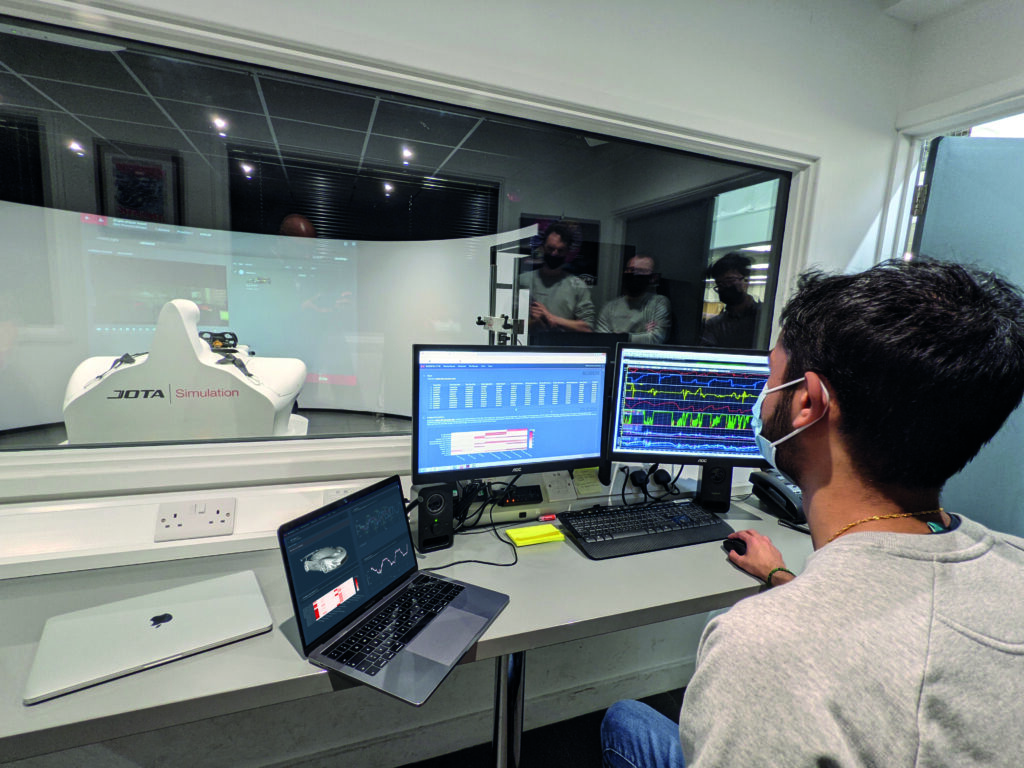A new study commissioned by Monolith AI titled The State of AI in Engineering investigates the current state-of-play in artificial intelligence adoption across multinational automotive, aerospace and industrial/manufacturing businesses in the USA and Europe. The study was carried out by Forrester Consulting, which surveyed 163 senior engineering leaders, and sheds light on the challenges and key priorities faced in the validation and verification stage of the development workflow – and how artificial intelligence can support companies in achieving better results, faster.
“The perfect storm is brewing in engineering as market trends around sustainability and digitalization are creating even more intractable physics problems that current validation and testing methods are unable to solve,” said Dr Richard Ahlfeld, CEO and founder of Monolith AI. “As data from this study shows, engineering leaders are at a fork in the road to innovate in new ways as pressure to stay profitable and competitive rises.”
In a nutshell, the study shows that 67% of engineering leaders feel pressure to adopt AI, and those who have are more likely to achieve increased revenue, profitability and competitiveness for their employers. Of those surveyed, 71% indicated they need to find ways to accelerate product development to stay competitive. More than half (55%) stated that they lack the required tools, and that existing virtual validation and simulation tools are insufficient. The severity of the impact of these deficiencies on business success is clear for engineering decision makers, with 82% of respondents noting that a one-month delay in product launch costs their business millions, or even billions, of US dollars. According to the research, engineering leaders who have already implemented AI are 43% more likely to see an increase in revenue, profitability and competitiveness compared to those who haven’t. That said, less than 19% of engineering leaders reported using unsupervised learning algorithms to analyze historic or current test data, and less than half utilize any of their engineering test data.
Dr Ahlfeld said, “With AI, engineering domain experts can quickly understand and instantly predict complex physics, allowing them to test less, learn more and get to market much quicker. The new insights we have uncovered via the Forrester study underline just how crucial the widespread implementation of technologies such as AI has become. The industry now needs to take the necessary steps to prepare itself for a data- driven future.”
More on AI in automotive test and development in the March 2023 issue of ATTI.


